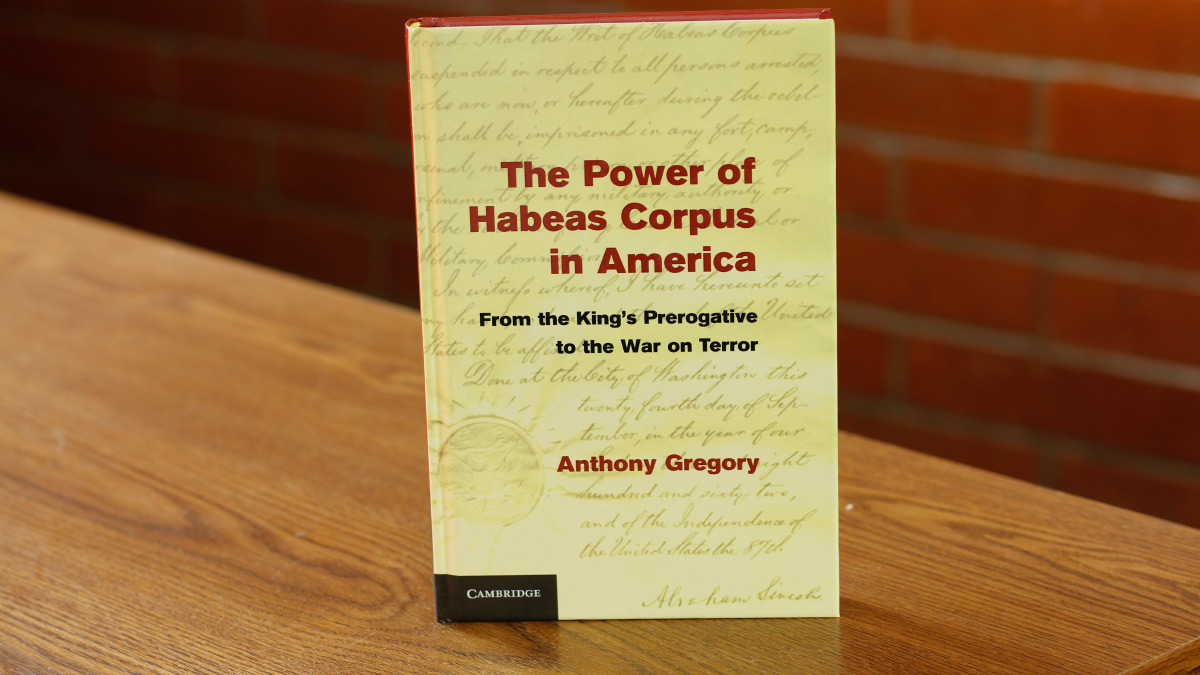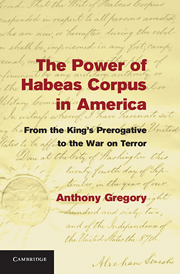Habeas corpus testifies to the moral principle at the center of civilization. The Great Writ, as Americans celebrate it, guarantees our freedom from arbitrary and unlawful imprisonment. Jailing the innocent typifies despotism. When the state may detain people freely, nothing resembling a free society remains. Most people in our world on some level, reminding us of the moral integrity that still penetrates much of our culture.
Barack Obama, as he ran for the presidency seven years ago, stood in the Senate and hailed the “great writ” as a key feature of “the Anglo- American legal system going back 700 years.” To abuse habeas corpus would undermine “our way of life.” Suspects deserve a chance, he declared, “even one chance, to challenge the terms of their detention in court, to have a judge confirm that the government has detained the right person for the right suspicions.”
Yet, of course, injustice persists. Despite Obama’s promises, dozens cleared for release have languished for years at Guantánamo Bay. All manner of unjust imprisonments continue, not only in Obama’s war on terror, but throughout the bloated criminal justice system. How did this happen?
Centuries ago, American colonists demanded habeas corpus along with other rights. They did not settle for the limitations the British Crown sought to place on them. Like the English Puritans, the early Americans insisted upon the principle of justice, while the forces of unlimited political power sought to offer nothing but a paper promise.
Sadly, for all its history, habeas corpus never fully triumphed over tyranny. Royal courts developed the writ in part to extract revenue. The king circumvented the courts in the name of empire. Many American presidents have followed suit.
The Supreme Court and Congress have had their hand in the ruin. Habeas corpus has become nationalized, statutorily limited, and judicially minimized. Most of America’s millions of prisoners have no access to its protection. This reality would horrify the writ’s medieval advocates.
In researching for my new Independent Institute book The Power of Habeas Corpus in America (Cambridge University Press, 2013), I learned a lot about the dark side of habeas—its limits, its weaknesses, its long history tainted by opportunistic judges and political betrayal. Judges have used the writ to enforce slavery and centralize power. Its circumstantial champions will often turn around and betray habeas out of political expediency. Obama is not the first to do so. Parliamentarians in England, Thomas Jefferson, and Reconstruction- era Congressmen all foreshadowed his hypocrisy.
I wanted to find the silver-bullet legal argument for why everything Bush and Obama have done failed the tests of precedent. Unfortunately, I could not, because an awful lot of bad precedent exists for what they have done. Where the state acts immorally, it does not always act illegally. In the cause of liberty, we face temptations to take the easy way, to make a disingenuous argument, to oversimplify history, and to make the case simple. The enemies of liberty do this all the time, but it is no excuse for us to do so.
Sometimes the truth is hard to face. Sometimes even our beloved institutions let us down. In our own time, as in all the habeas battles in history, we can easily find injustice if we search.
Seeking out principle, as well as truth, is tireless work. It takes time and patience. We strive to defend that principle even when surrounded by the hostile advocates of unchecked state power. They have all the resources. But we have the truth, and we offer the unparalleled prospect of human liberation.
Chief Justice Holmes said habeas corpus goes to the “tissue of the structure” of the legal system, and warned against it becoming an “empty shell.” But even as the legal remedy has suffered, the principle we associate with it sings loudly the songs of justice. Even when the writ fails in the courtroom, the ideas it embodies live on.
We are tireless in our dedication to individual rights, despite what seem like bad odds. It was the same for those who took on the king. We owe our liberties to their struggle. We owe it to their memory and to the future to continue that struggle and never relent.









